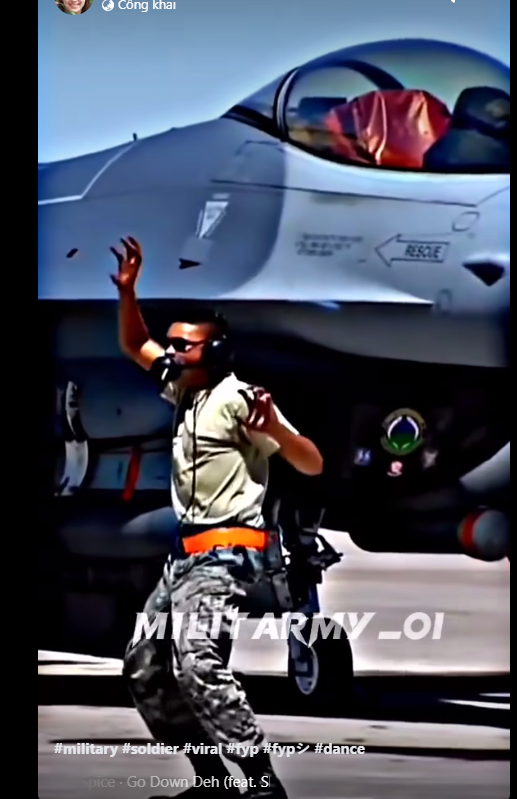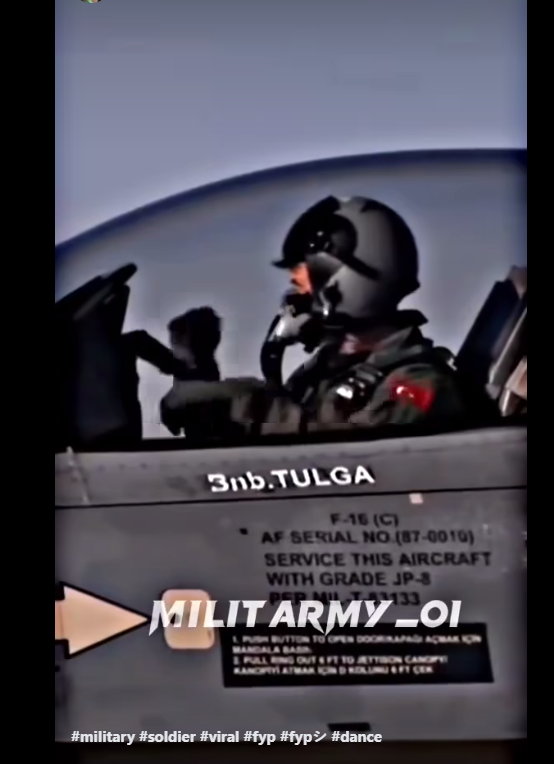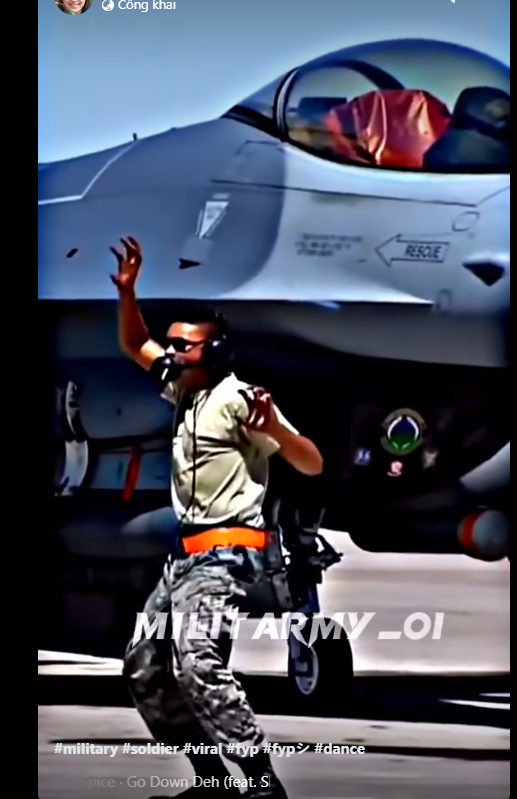The role of a Wing Commander, also known as a pilot, is a prestigious and vital position within the aviation industry. Responsible for the safety and efficient operation of aircraft, a Wing Commander’s job is both challenging and rewarding. This article will delve into the responsibilities, skills, and qualifications required for this significant position in the world of aviation.

Role and Responsibilities

-
Aircraft Operation: One of the primary duties of a Wing Commander is to operate and control an aircraft. They must ensure that the aircraft is in optimal working condition before takeoff, and during the flight, they are responsible for managing the aircraft’s systems, navigating, and responding to any unexpected situations.
-
Safety and Protocol: Safety is paramount in aviation, and Wing Commanders play a crucial role in ensuring the well-being of passengers and crew. They adhere to strict safety protocols and regulations, conduct pre-flight safety checks, and make decisions to safeguard the aircraft and everyone on board.
-
Navigation and Communication: Wing Commanders must navigate the aircraft using various instruments and communication systems. They work closely with air traffic control to receive instructions, updates, and weather reports, ensuring a safe and efficient flight.
-
Emergency Response: In the event of an emergency, a Wing Commander must make rapid decisions to protect the aircraft and its passengers. They are trained to handle various emergency situations, such as engine failures, severe turbulence, or medical emergencies on board.
-
Crew Coordination: Wing Commanders work closely with a team, including co-pilots, flight attendants, and ground crew. Effective communication and coordination are essential to ensure a smooth flight experience for passengers.
Skills and Qualifications
-
Extensive Training: Becoming a Wing Commander requires rigorous training and education. Individuals typically start with flight school, where they learn the fundamentals of aviation, navigation, and safety procedures. After obtaining a private pilot’s license, they progress to more advanced training and certification.
-
Flight Hours: Accumulating flight hours is a critical part of a pilot’s journey. Wing Commanders must log a substantial number of flight hours to gain experience and become eligible for more advanced certifications.
-
Leadership Skills: As leaders of the aircraft, Wing Commanders must exhibit strong leadership qualities. They make decisions under pressure, communicate effectively, and ensure the crew works cohesively.
-
Problem-Solving: Wing Commanders encounter various challenges during flights, from weather-related issues to technical malfunctions. They must think quickly and make decisions that prioritize safety.
-
Continuous Learning: Aviation is an ever-evolving field. Wing Commanders must stay updated on the latest technology, regulations, and safety procedures through ongoing training and education.
Conclusion
The role of a Wing Commander is one of great responsibility and skill. These professionals are entrusted with the safety and efficiency of flights, making their job a critical one in the aviation industry. Through extensive training, experience, and dedication to safety, Wing Commanders navigate the skies with precision, ensuring that passengers reach their destinations safely and comfortably.
https://www.facebook.com/reel/718178547002328

